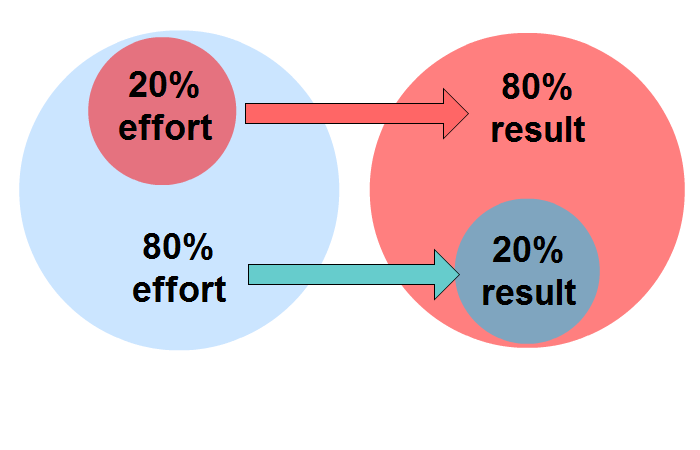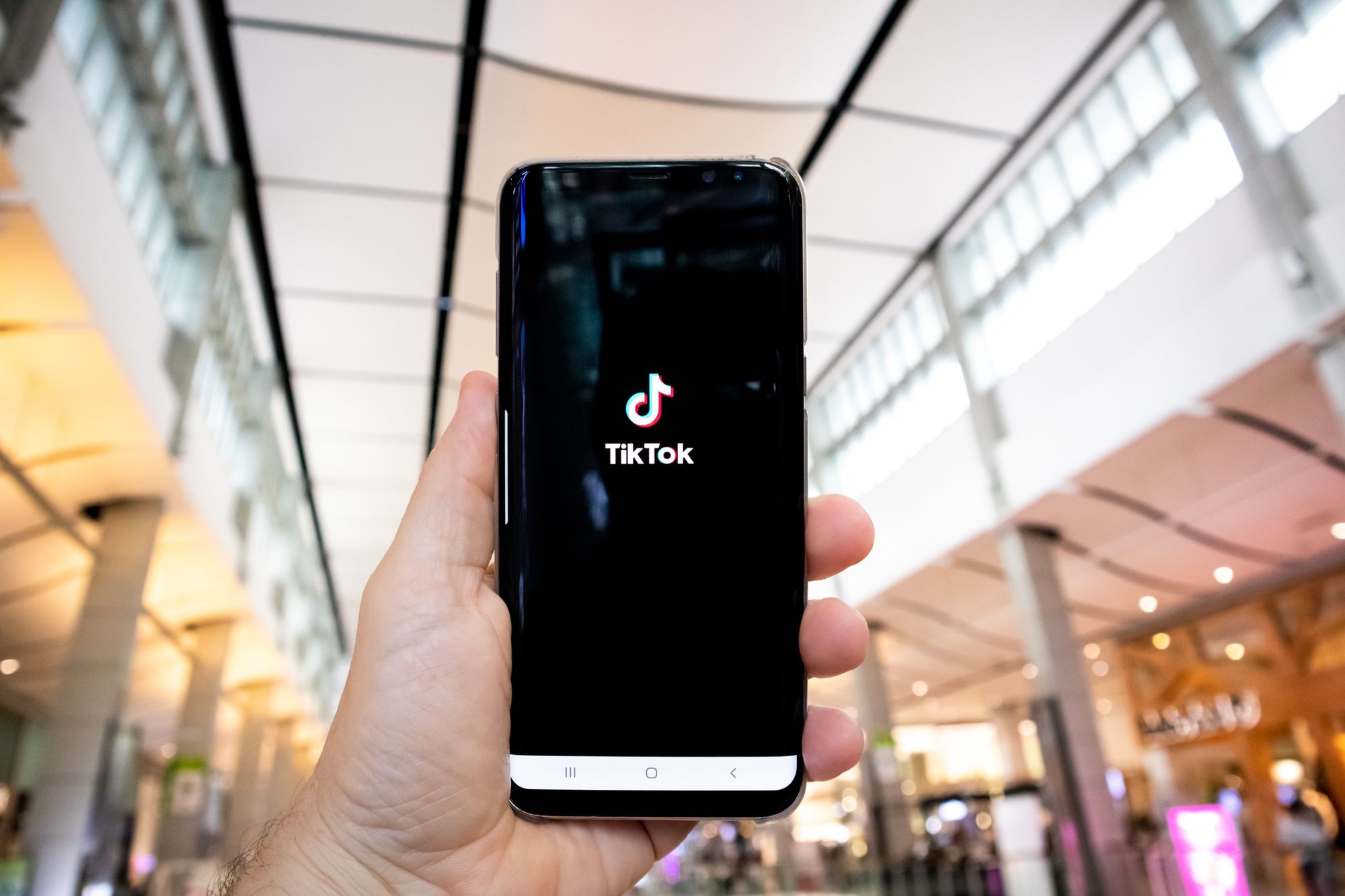
How A Beginner’s Mind Helps You Build Something New
CEO and co-founder @ Buffer
There is a myth in entrepreneurship that many newcomers believe, and it could be a key reason why many others don’t even “try.”
The myth is that you need to know how to do everything, and you need to do everything perfectly.
When you look at successful startups, it’s easy to believe that they did all the right things. The reality is often far from that. In fact, I think it’s very healthy to have a good dose of naivety while building something new.

The scale anticipation fallacy
One prime example is that healthy naivety might help you avoid what I have come to call the “scale anticipation fallacy.” This is the idea that in order to build something that can scale, you need to build it to handle that scale right from the start. The fallacy says that if you don’t get it right at the start, you will never succeed.
When I started Buffer, I had no idea what a database index was. I basically did all the wrong things. But it didn’t matter—I didn’t have any users! As time went on, I encountered some “nice problems to have,” but it has been no problem to improve things as I needed to.
I believe the fact that I didn’t think about scalability helped me reach a point where scalability mattered. Conversely, I wonder if I had focused on scalability when it didn’t matter, would I have ever reached the point where it did matter?

You don’t know what you don’t know
When you’re building a startup, you are in a world full of unknowns and uncertainty. You literally do not know what you do not yet know. I think the only way to cope in this kind of environment is to strive for knowledge, information and validated learning through feedback.
Looking back on my startup attempts, one of the best things that happened is that I didn’t quite realize just how much I still had to learn in order to succeed. It is this kind of naivety that I think is a good thing. In fact, I fear the fact that in the future I might know already how hard something is going to be.
Hang onto the ‘beginner’s mind’
The scale anticipation fallacy is just one example of where my naïvety turned out to be an advantage. The thing is, it doesn’t matter how bad your early attempts are at building something. All that matters is that you create something people want.
I chose to attempt to create a startup immediately after graduating from university rather than spending some time in an industry. The first couple of years were tough, and I made lots of mistakes before having a little success.
The main thing I learned is not “how to do everything perfectly.” The main thing I learned is to do everything good enough for the point you’re at. Some might call this the 80/20 or Pareto principle, that says 80% of the effects of something come from 20% of the causes.

If I had spent some time in an industry first, there’s a chance I may have brought the skills I had learned to my attempt at a startup and aimed to do everything perfectly. I think that would have been a big mistake.
I think clinging to a beginner’s mind is very important. As Steve Jobs said:
“Stay hungry, stay foolish.”
Have you ever benefited from healthy naivety? How do you work to maintain a beginner’s mind as you grow older and learn more? I’d love to hear from you in the comments!
Try Buffer for free
140,000+ small businesses like yours use Buffer to build their brand on social media every month
Get started nowRelated Articles

How the Buffer Customer Advocacy Team set up their book club, plus their key takeaways from their first read: Unreasonable Hospitality by Will Guidara.

In this article, the Buffer Content team shares exactly how and where we use AI in our work.

Here we go again. If you work in social media, it’s nothing new to adapt and change your strategy based on the ever-changing algorithms and the rise and fall of social networks. (Who else was on Vine? 🙋🏻♀️) But, of course, we wish you didn’t have to. The latest wave for social media marketers and creators is that TikTok might be banned in the U.S. The short-form video app has become one of the most widely-used social media platforms and is credited with impacting trends and cultural shifts.